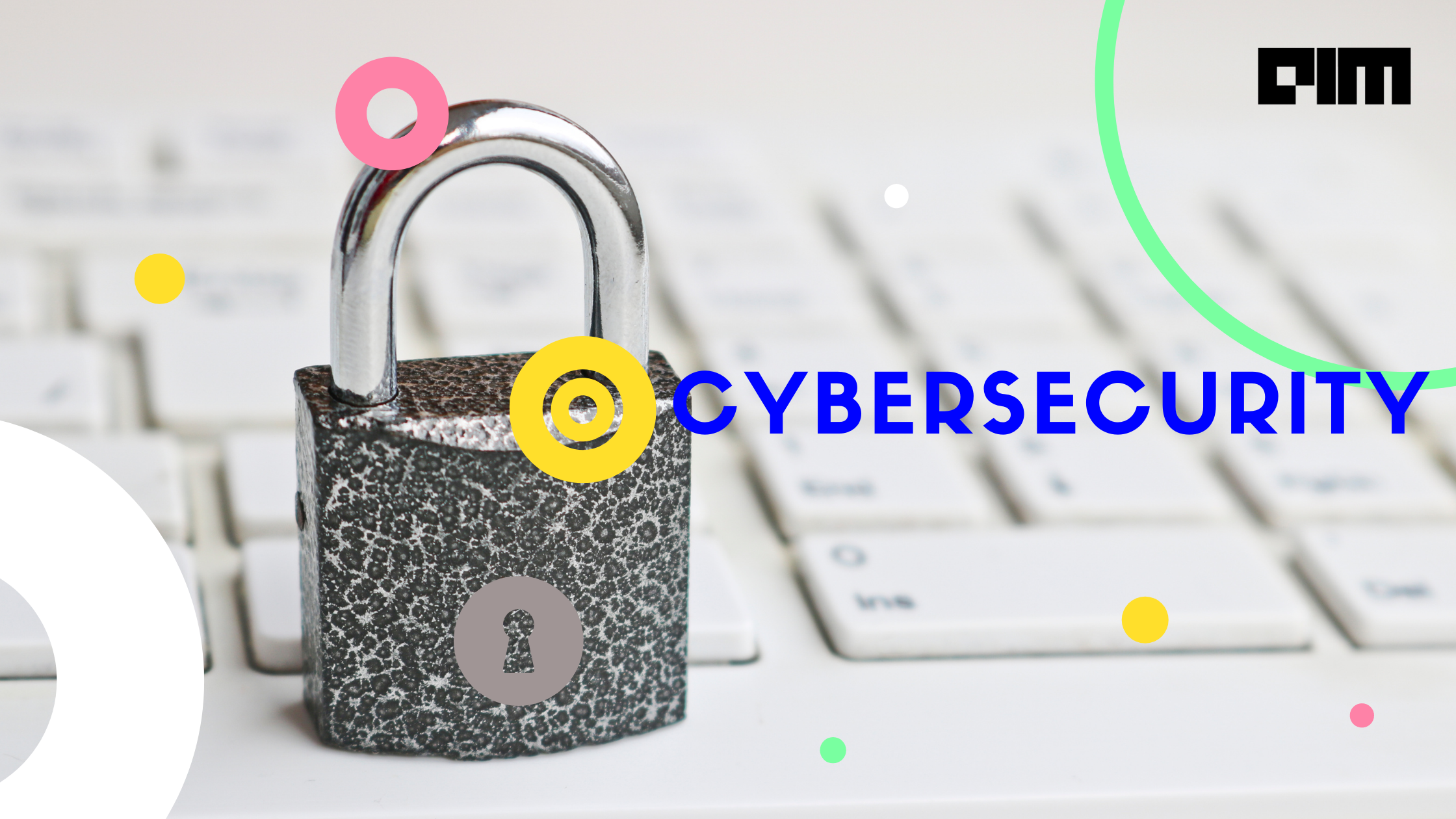Companies worldwide are doubling down on cybersecurity in the wake of rising data breaches precipitated by remote working. However, despite the high demand, the skilled workforce is few and far between.
According to a report, openings for cybersecurity roles such as information security analyst is likely to see an 18% increase by 2024. Another report suggests over 200,000 cybersecurity jobs are up for grabs (with an average salary of $6,500) in the US.
Skills Required
The responsibilities of cybersecurity professionals involve:
- Implementing network security solutions
- Auditing networks
- Detecting intrusions and threats
- Protecting systems and networks
- Anticipating potential cyber threats
- Managing the ins and outs of information security risk management
- Risk analysis and risk mitigation
- System and network configuration
- Firewall and intrusion detection
- Following prevention protocols
- Conducting digital forensics investigation to retrieve data
Cybersecurity professionals are expected to have skills such as operating systems and database management, programming and coding, network configuration and more. The other skills include:
- System and network configuration
- Understanding of TCP/IP, VPNs
- Network Configuration
- Enterprise Storage
- IT fundamentals like system and web application administration
- Coding skills like Python C, C++, Java, Ruby, Perl, PHP
- Familiarity with network architecture, administration and operating systems
- Knowledge of database operations
- Strong IT foundations such as networking, systems admin, database management, web apps, etc.
- Learn how to configure, run and maintain common applications such as webserver, database or DNS server
- Understanding of cloud
Soft skills required to make a transition to cybersecurity include:
- Communicate with non-IT colleagues
- Understand business processes & procedures
- Problem solvers
Transitioning To Cybersecurity
While cybersecurity is not off-limits for professionals from any domain, IT professionals have an obvious advantage. IT professionals are already aware of the pain points in cybersecurity. Further, a lot of skills overlap. Computer programmers, software engineers, software developers, system administrators, network architects, network administrators, web developers, IT technicians, database engineers, IT analysts, data analysts or other similar roles can transition into the cybersecurity domain with ease. These professionals can aim for roles such as security technician, security analyst, IT auditor, cybersecurity consultant, cybersecurity manager, cybersecurity analyst, cybersecurity engineer or even chief information security officer.
Most IT professionals are equipped with most of the skills mentioned above. But how do they go about it? We offer some pointers below.
Build technical skills: It is always advisable to get certifications to up the game and be familiar with the cybersecurity industry’s workings. There are many online and offline cybersecurity courses you can enrol to boost your job prospects. We have listed a few below.
- Cisco Certified Network Associate (CCNA)
- Certified Ethical Hacker
- CompTIA Network+
- Information Technology Infrastructure Library (ITIL) Foundation
- Microsoft Certified Solutions Expert (MCSE)
- Project Management Professional (PMP)
- Red Hat Certified Architect (RHCA)
- VMWare Certified Professional 6 – Data Center Virtualization (VCP5-DCV)
Familiarising with programming languages such as Java, XML, JavaScript, C++, Python, understanding configuration, and software code is key to a successful cybersecurity career.
Exposure: Gaining practical experience in the field is one of the key requisites and adds value to the resume, especially if you transition from the IT sector. A good understanding of cybersecurity threats, internship or apprenticeship can also boost your profile. One can also look for projects within your organisation to get some experience in these critical areas.
Lateral entry: If finding a profile that matches a cybersecurity profile gets challenging, then the best move is to secure a job in a tangential field. Training well in advanced IT, such as IT procedures and real-world business operations, may work equally well to segue into a cybersecurity career.
Networking: One of the most important steps to transitioning from IT to cybersecurity is to have connections with cybersecurity professionals to get insights into the industry’s workings. This can be done by attending conferences, webinars, meets and other networking sites such as LinkedIn.











































































